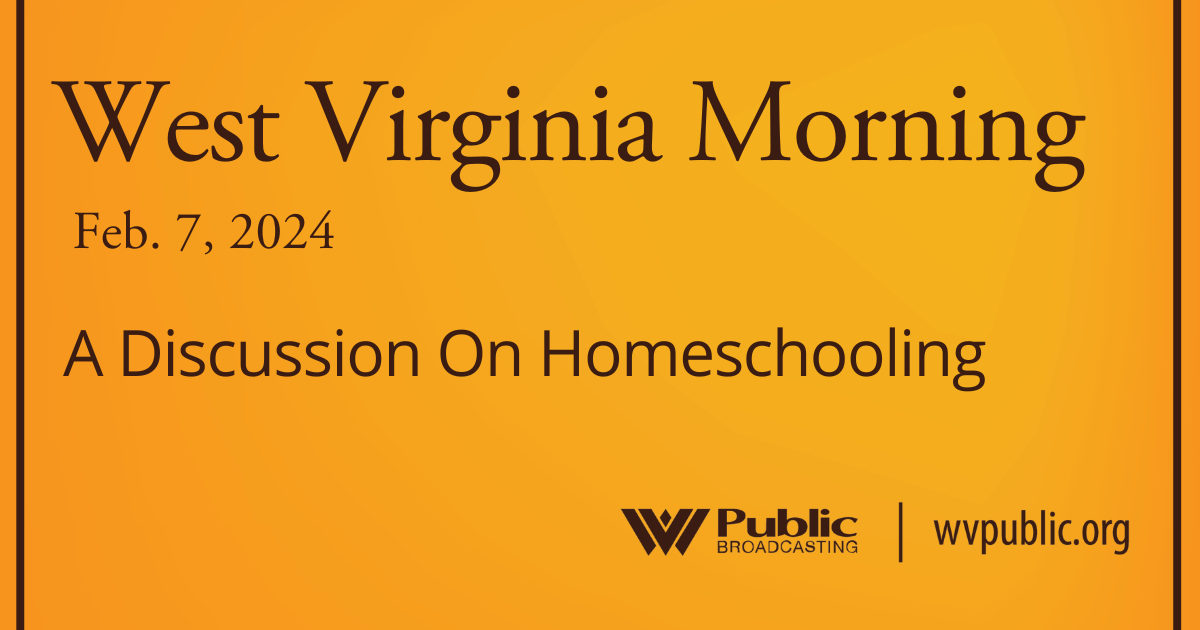West Virginia public high schools could soon offer their students elective courses on the Bible.
The West Virginia House of Delegates voted 73 to 26 in favor of House Bill 4780 Tuesday afternoon, which would allow county boards of education four options to offer students as an elective social studies course. The courses could involve Hebrew scriptures, the Bible’s New Testament, a combination of the two, or the Bible’s Old Testament.
State senators are slated to vote in favor of Senate Bill 38 on Wednesday, a similar bill that lawmakers amended to instead allow schools to offer courses featuring multiple “sacred texts or comparative world religions.”
According to the Legislature’s website as of Tuesday afternoon, the Senate still will be allowed to amend the bill before passing it on Wednesday.
Del. Joe Ellington, R-Mercer, told other House delegates on Monday language differences between the House and Senate versions of the bill likely will lead to a conference committee to resolve the differences after bills cross chambers.
An effort by Dels. Mike Pushkin from Kanawha County and John Doyle from Jefferson County, both Democrats, to amend the bill in a similar way to the Senate, failed on Monday.
‘An Appropriate Way’ To Look At The Bible In Public Schools?
According to the House Bill, the purpose of this bill is to “teach students knowledge of biblical content, characters, poetry, and narratives that are prerequisites to understanding the development of American society and culture, including literature, art, music, mores, oratory, and public policy.”
Del. T. Kevan Bartlett, R-Kanawha, is the bill’s lead sponsor in the House.
“The bill provides a statement … that the bible is not unwelcome here,” Bartlett told delegates on Tuesday. “The bible is not inappropriate here. There is an appropriate way, in a public school setting, to look at the bible in an academic way.”
Both versions of the bill say a county school district isn’t allowed to require that a student take these courses.
In his explanation of the bill to the full House of Delegates on Tuesday, Ellington said county boards that choose to create these electives will have to submit their coursework plan to the state Department of Education for approval.
Messaging Concerns
“It is a clear violation of the West Virginia Constitution,” Del. Doyle, D-Jefferson said on the House floor Tuesday, regarding Article 3-15 of the state’s constitution, which guarantees religious freedom.
“If we pass this bill, we will be saying to the rest of the country … the message that will be heard is only Christians are welcome in West Virginia,” Doyle went on. “We must not send that message.”
Several Republican proponents for the bill and Del. Marshall Wilson, I-Berkeley, insisted if done right, these courses could comply with state and federal law.
“It makes me uncomfortable, and I wanted to just speak from my heart,” said Del. Evan Hansen, D-Monongalia. Hansen told delegates on Tuesday he’s Jewish, a religious minority in the state Legislature.
Hansen referred to testimony some lawmakers heard Monday morning during a public hearing for House Bill 4780, from Malcolm Cohen, a third grader at Piedmont Elementary School in Charleston.
“My little brother and I are the only Jewish kids in our school,” Cohen said Monday. “One day last year at my after-school program, the teachers taught us about Jesus and made us pledge allegiance to the Bible. It made me feel very worried and confused. I felt like I was doing something wrong.”
According to Cohen’s testimony, the school separated him and his brother from the rest of the group at the after-school program, after Cohen’s mother spoke with the school. Cohen said he felt excluded.
“I believe this has an impact on Jewish kids and kids of other faiths,” Hansen said Tuesday. “I understand this bill is not written to force anyone to pledge allegiance to the Bible, but these things happen, and kids like Malcolm are made to feel like they don’t belong.”
Challenging One’s Beliefs
Pushkin questioned on Tuesday how possible it really is to separate theology from academia in these proposed courses. Pushkin also is Jewish.
While Bartlett said he believed it was possible depending on a teacher’s way of handling the bill, Del. Brandon Steele, R-Raleigh, agreed with Pushkin that theology will be a significant part of these classes. But, to Steele, that only makes the bill more educational.
“One of the reasons that I would urge support for the bill today is because of the tenacity displayed by both of them,” Steele said of Pushkin and Bartlett, after a debate between the two delegates regarding the bill on Tuesday.
“I think that [Del. Pushkin] is well reasoned in his opinion. He knows his facts and he knows why he believes the way he believes,” Steele said. “I think one of the problems we’re experiencing in our society today is we’re raising a generation of children that cannot put on that same display. Because they’re never challenged about their beliefs. … But learning, and adapting and being able to defend your position, as well as hear the position of another, without anger or malice coming up, is a central issue in growing into a mature adult.”
Del. Sean Hornbuckle, D-Cabell, told delegates Steele was “1000 percent right” Tuesday afternoon, with one caveat.
“I find it very odd that we missed an opportunity to include other texts in this teaching of history,” Hornbuckle said. “Because without those other texts, we’re actually denying our kids, for that same reason, to look at other things, to examine everything else, to be able to learn and see what they think and be able to enrich themselves.”
Earlier this session, the House also passed a “Religious Liberties in Schools Act” on to the Senate for consideration. As of Tuesday evening, the bill was waiting in the Senate Education Committee for consideration, with a second reference to the Senate Judiciary Committee.
Emily Allen is a Report for America corps member.
